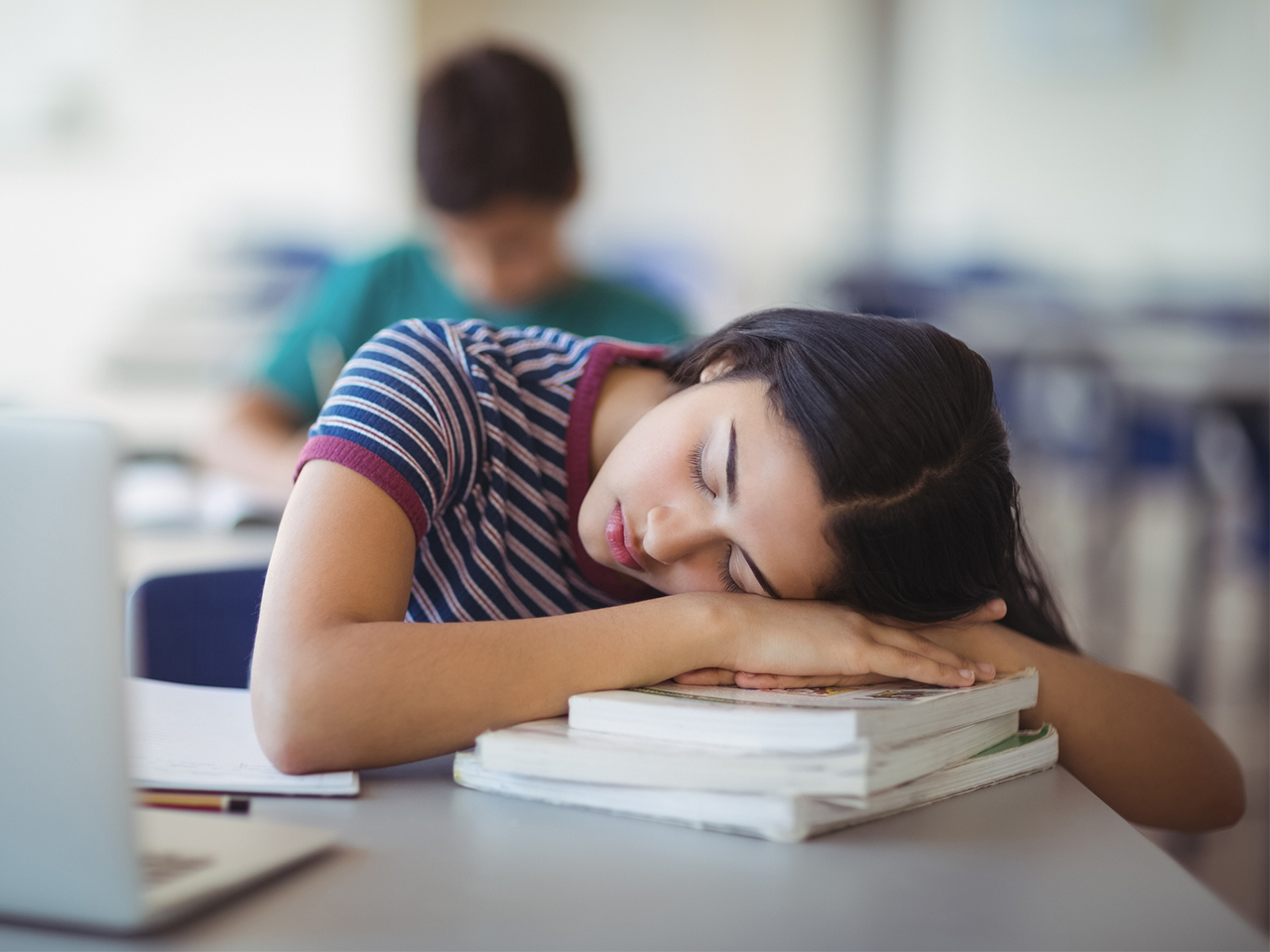Is your child tired all the time? It could be Chronic Fatigue Syndrome (CFS). The exact cause of chronic fatigue syndrome remains unknown. Infectious, immunological and neurological causes have been studied, however, this is what you should know.
Chronic fatigue affects adolescents and is characterized by severe fatigue, sleepiness, headache, dizziness, low energy & loss of motivation.
Almost 40% of healthy adolescents experience sleepiness & low energy levels. This may be associated with emotional symptoms like anger or sadness.
Symptoms of Chronic Fatigue Syndrome (CFS) may vary over time, even in the same person making it difficult to treat the individual. Fatigue and sleepiness in adolescents are mostly attributed to lifestyle issues.
CFS may be triggered by illness and evolves into poor functioning due to sleep disturbances, poor physical conditioning and psychological factors
Hormone imbalances, emotional stress, and low blood pressure maybe some of the reasons for chronic fatigue syndrome
Signs & Symptoms Of (CFS) Chronic Fatigue Syndrome
- Severe fatigue, a malaise which makes it difficult to get out of bed and do normal daily activities
- Sleep problems, such as trouble falling or staying asleep, or not having a refreshing sleep
- Post-exertional malaise – when the symptoms get worse after a physical or mental effort
- Increased dizziness after standing up or sitting upright from a lying down position
- Difficulty in concentration and memory
- Headaches
- Sore throat, sleep disturbance, nausea, joint and abdominal pain
How Does One Assess CFS:
The HEADSSS assessment is an internationally recognized tool used to structure the assessment of an adolescent patient, encompassing
- Home
- Education/Employment
- Activities
- Drugs
- Sex and relationships
- Self-harm and depression
- Safety and abuse to assess the psychosocial well-being of the teen.
The adolescent must be examined properly which includes the vital signs – temperature and body (height weight) measurements. Growth parameters should be plotted and compared with prior measurements when available. A complete thorough physical assessment is necessary to rule out any respiratory, cardiac, abdominal or any other illness Lymphadenopathy should be looked for. Neurological assessment should be done
Laboratory testing should be based on the history and physical examinations complete blood count, ESR, fasting glucose, electrolyte, kidney function tests, liver function tests, mononucleosis screen, thyroid tests, and urinalysis. Rheumatologic tests.
What Is The Treatment For Chronic Fatigue Syndrome
- The adolescent requires rehabilitation to slowly return to an age-appropriate level of functioning.
- The first goal is to improve function through increased activity and fitness, in spite of the symptoms, which often are slower to resolve.
- Returning to school gradually and one evening out with friends per week may be a good place to start.
- Sleep hygiene and regular, balanced eating are important for the child. Many sleep-deficient teens have sleep-deficient parents who may themselves benefit from sleep counselling information. Setting up a sleep routine is essential. Always asleep in your bed, not in front of the television. Adolescents need 9 or 10 hours to not feel sleepy during the day. The sleep cycle should be maintained by going to bed at the same time every night. Avoid all products with caffeine after mid-day. The bed should be used for sleeping only, do not do homework, watch television or spend time talking on the telephone while in your bed. Avoid using any products to help you sleep (including alcohol, herbal products or over-the-counter sleep aids). Adolescents with sleep disorders may be referred to a sleep specialist.
- Graded exercise therapy, coordinated by a physical therapist, can be very helpful to improve muscle strength and tone.
- Counselling, specifically cognitive behavioural therapy is helpful. Pain medications may be prescribed if required.
A Parent’s Role
Parents should find out whether their teenager is involved in too many activities, not leaving enough time for homework, socializing and fun. Providing very clear feedback to the teen and their family is critical. Some teenagers ‘internalize’ their feelings hence the family must understand the reasons for further psychological evaluation,
At least 50% of teens with chronic fatigue have significant improvement in symptoms and daily functioning, although recovery is often delayed by several years.
Keeping a positive approach to getting well and not looking for the reason for CFS is important. People who take action and stay positive can have a good outcome.




















